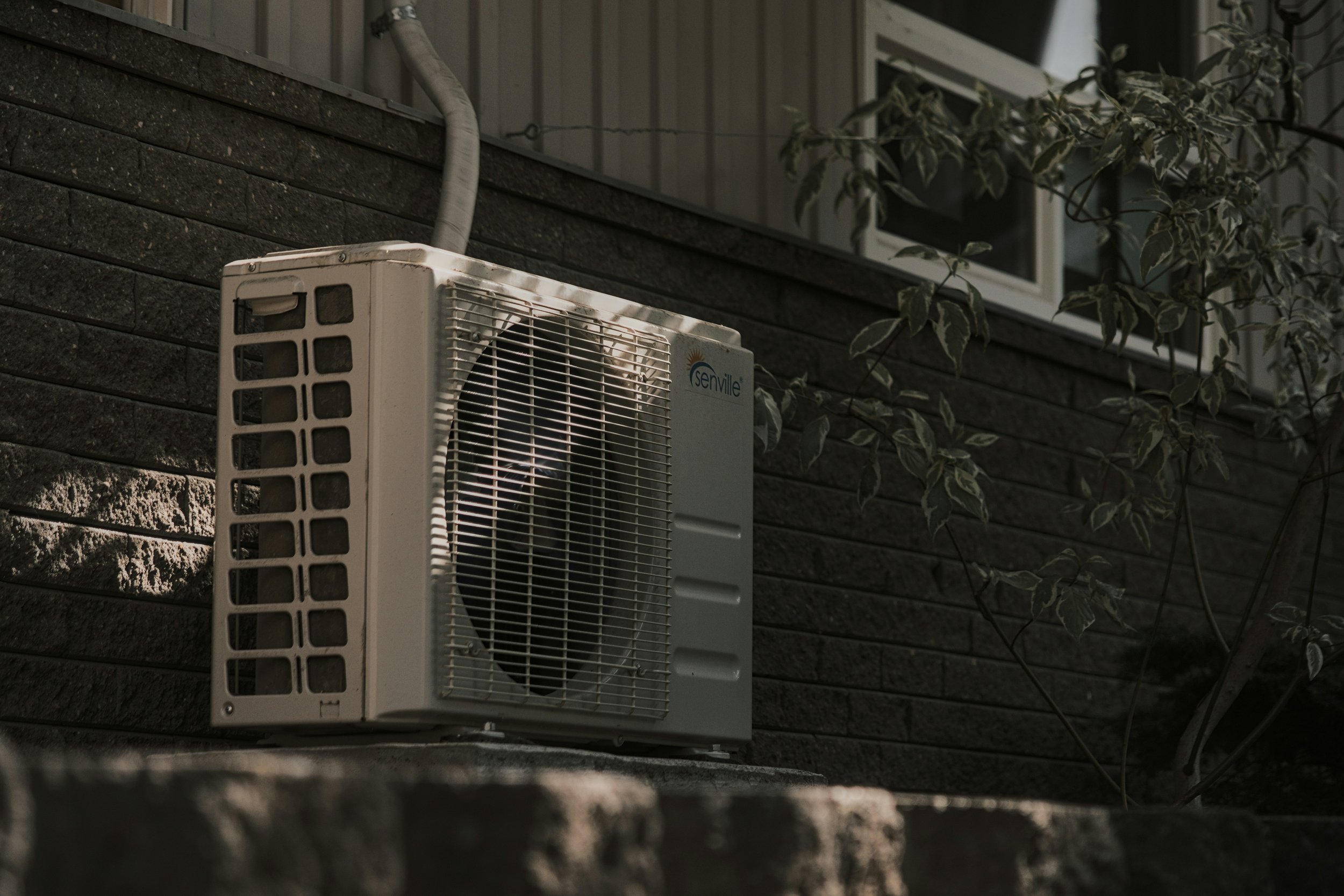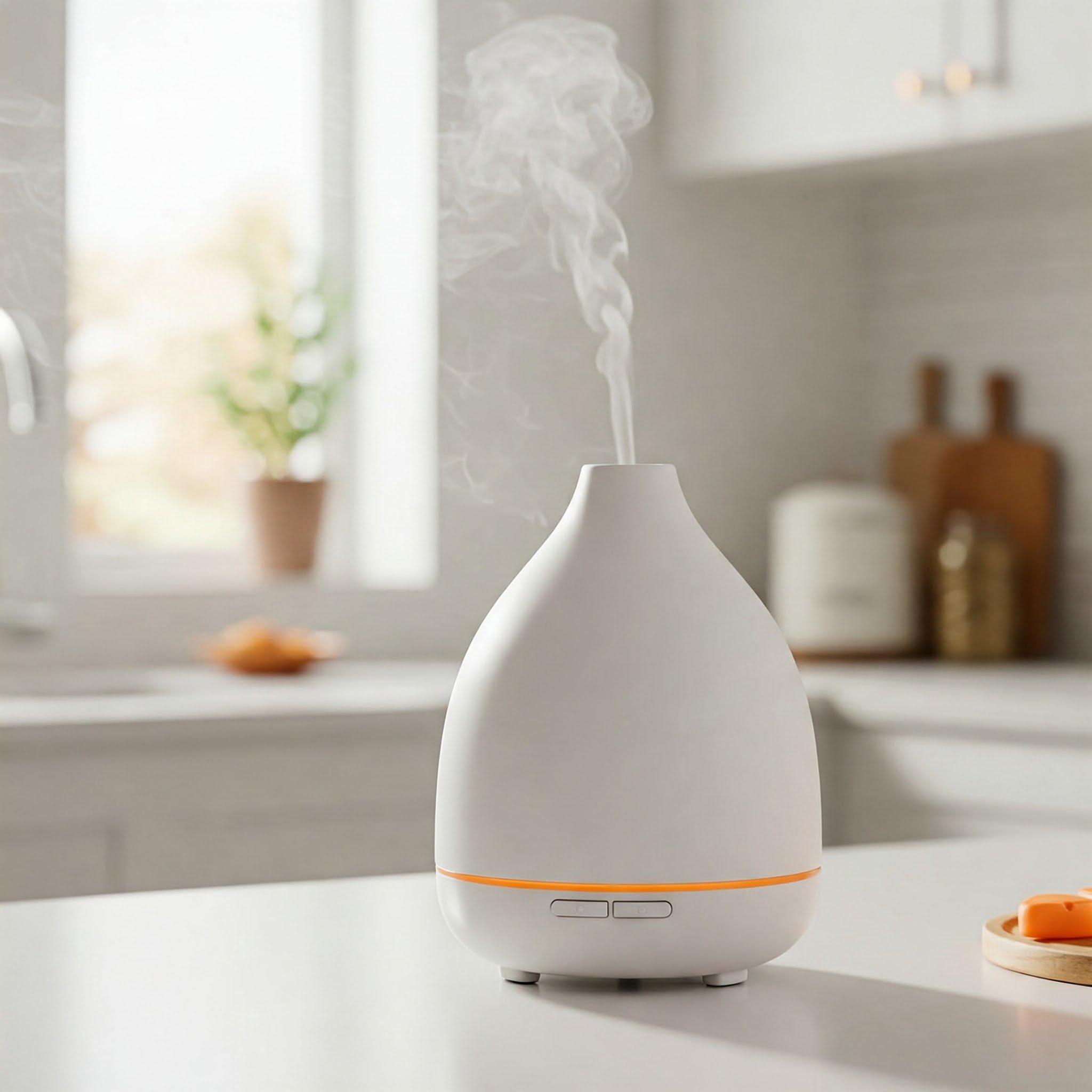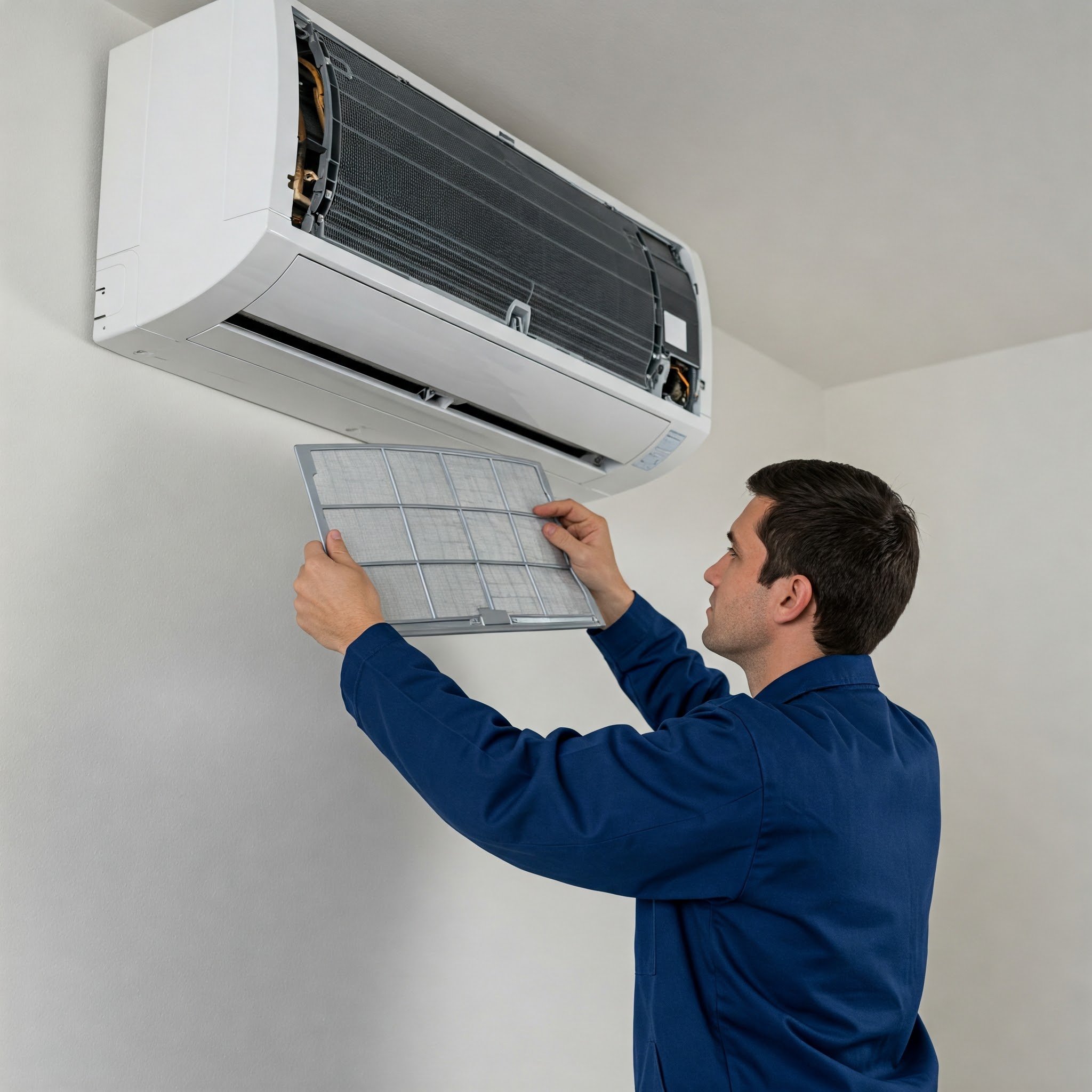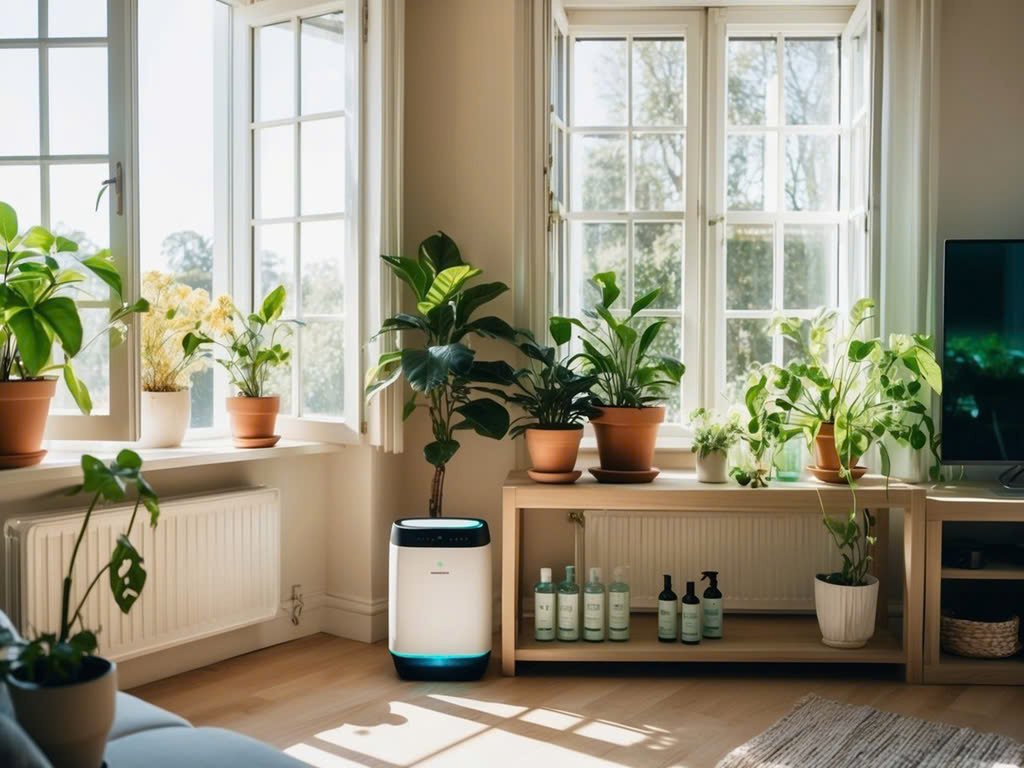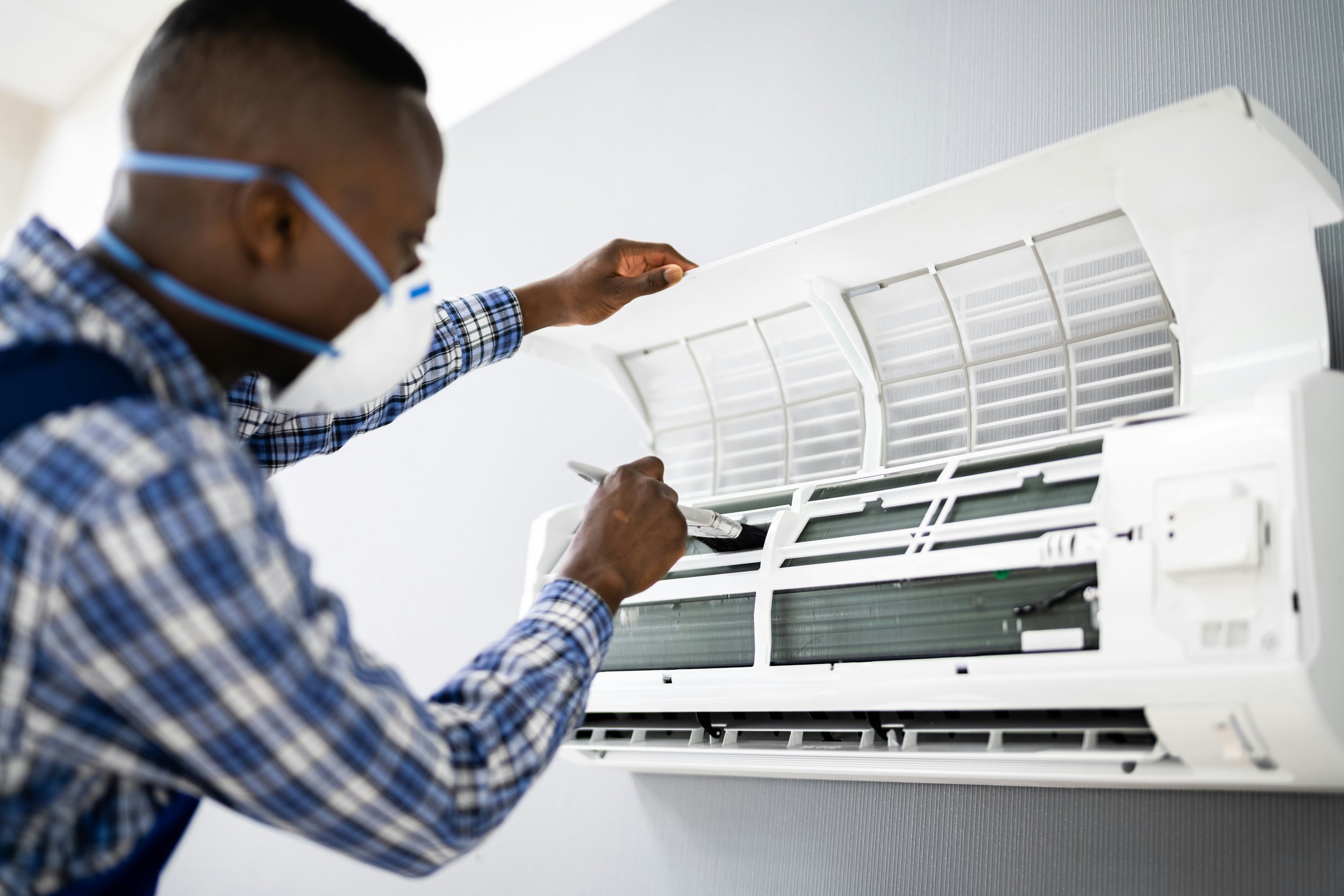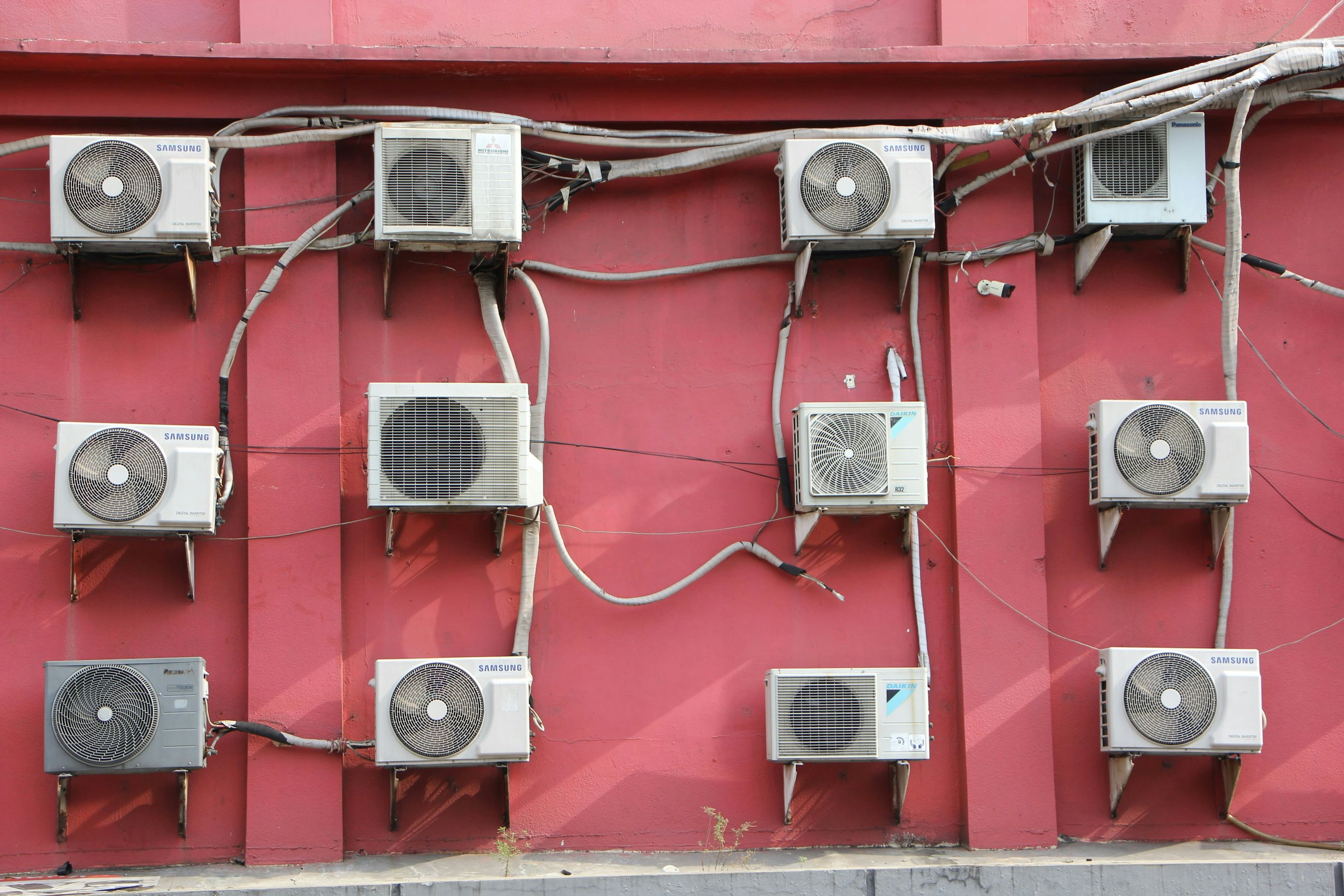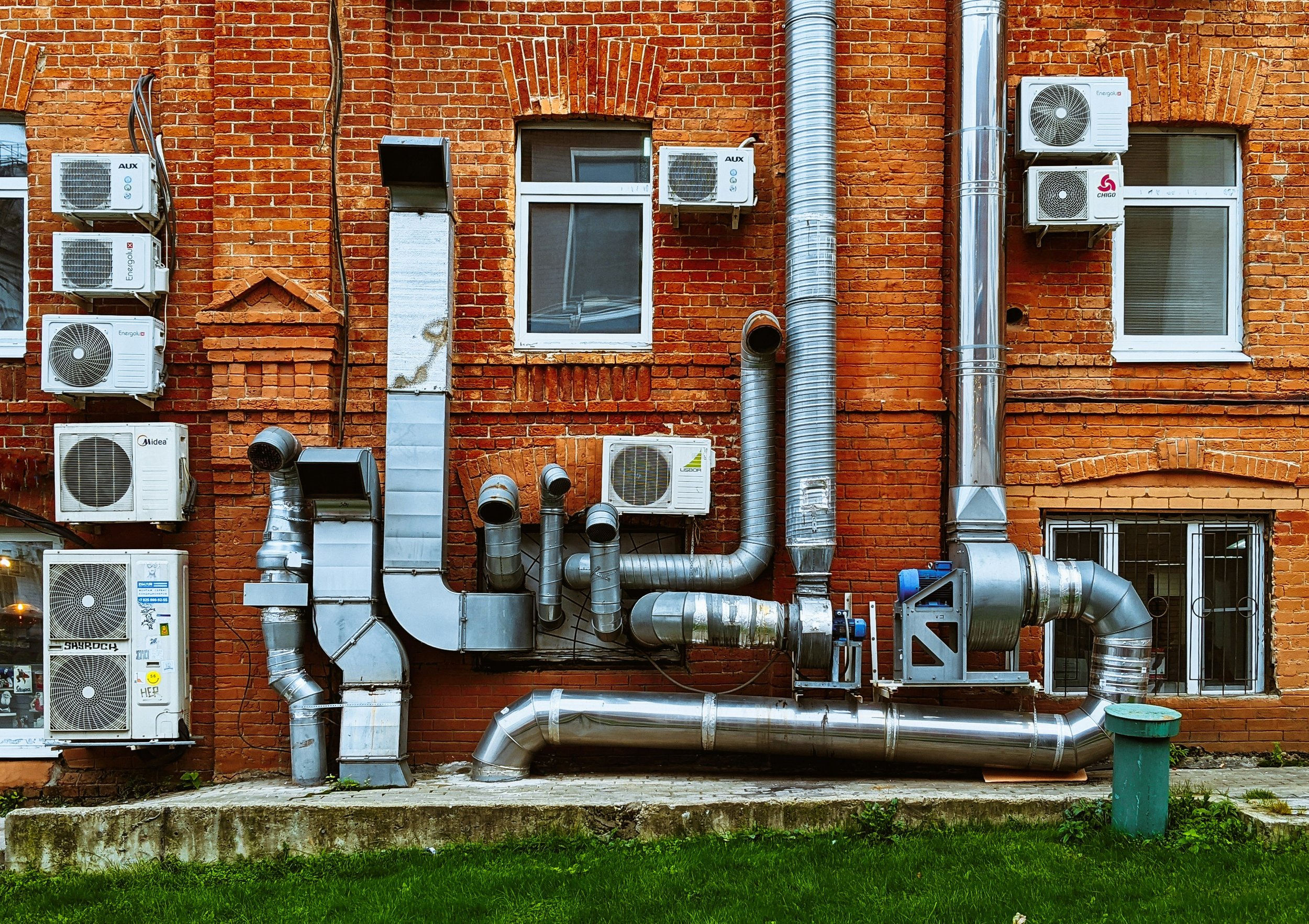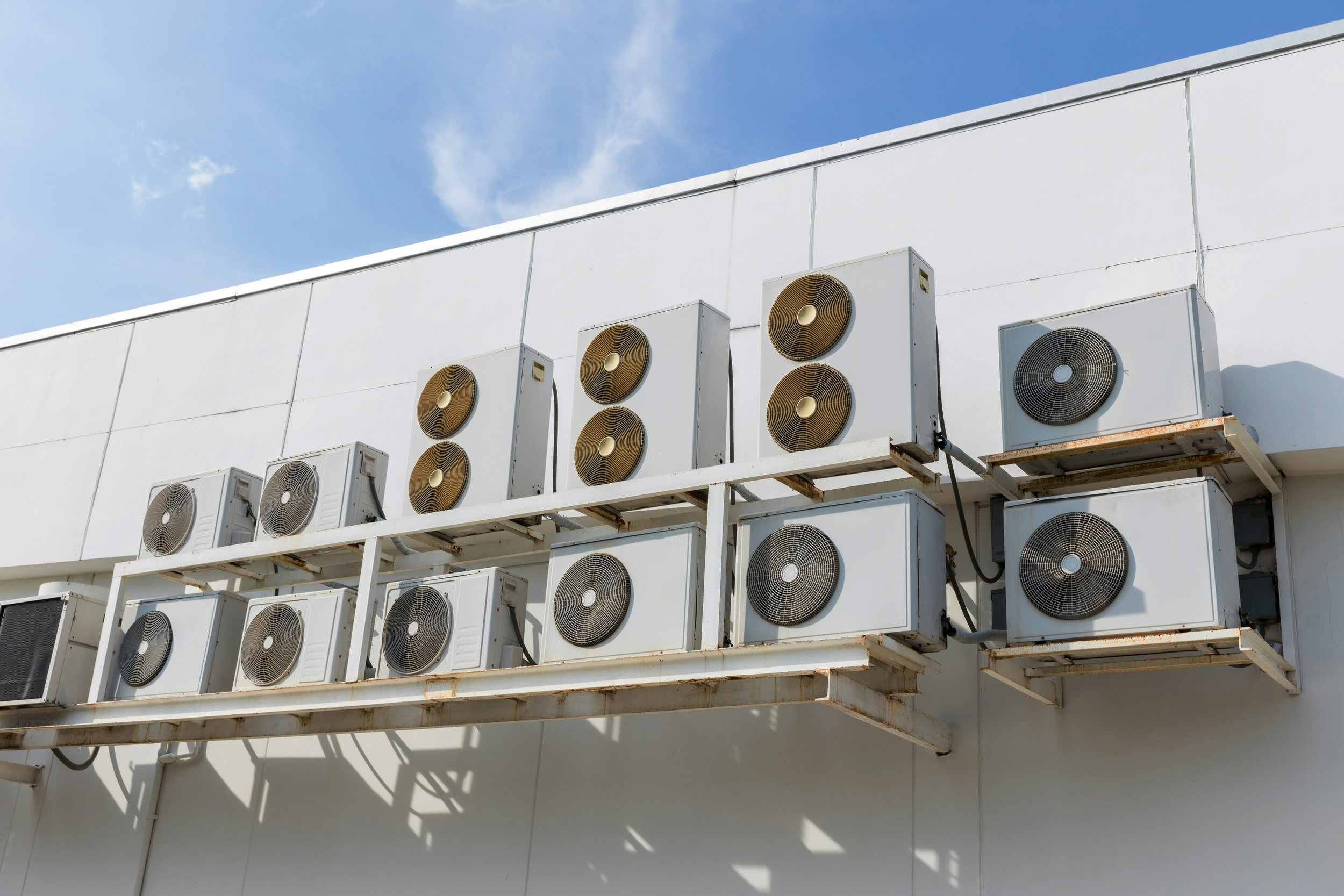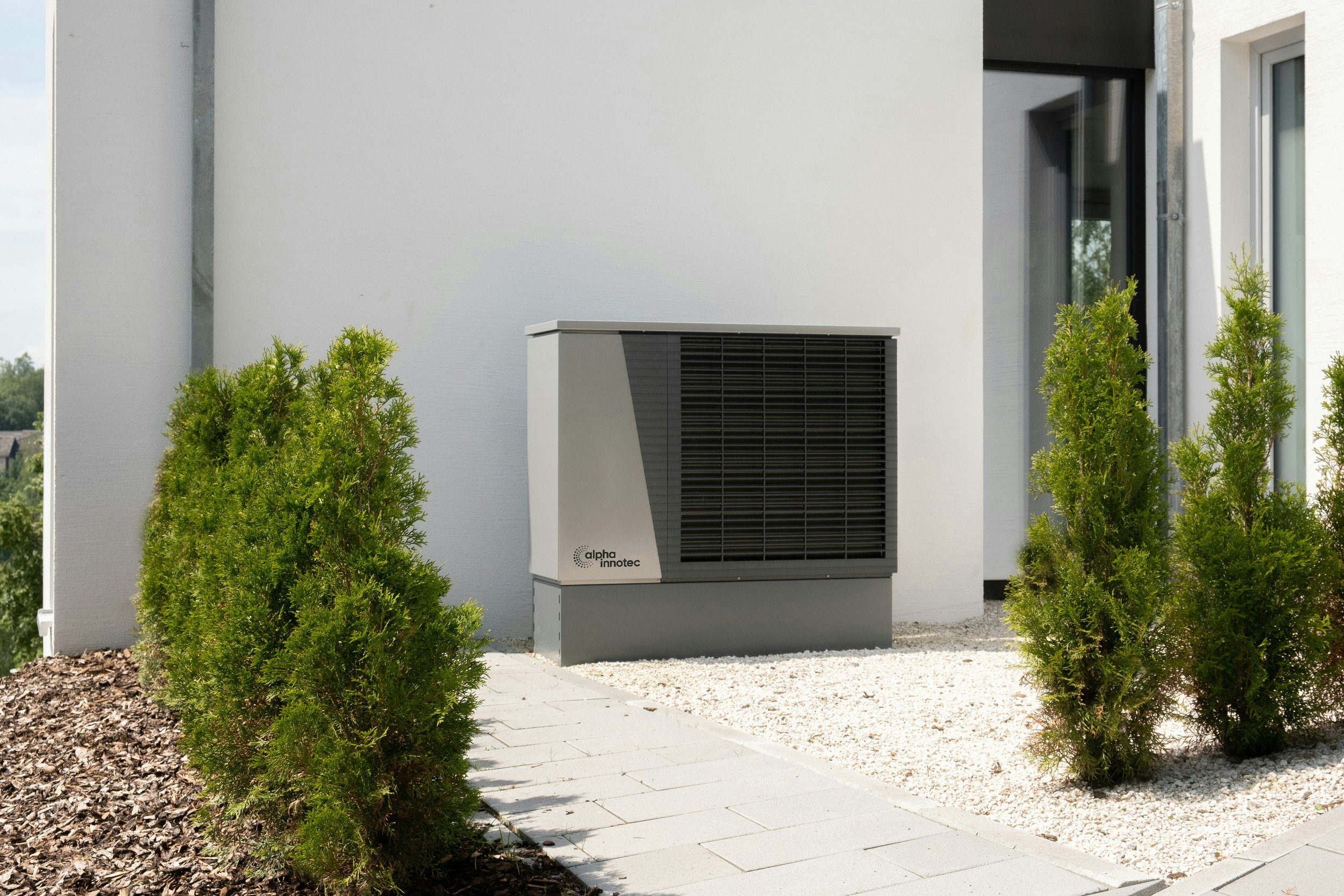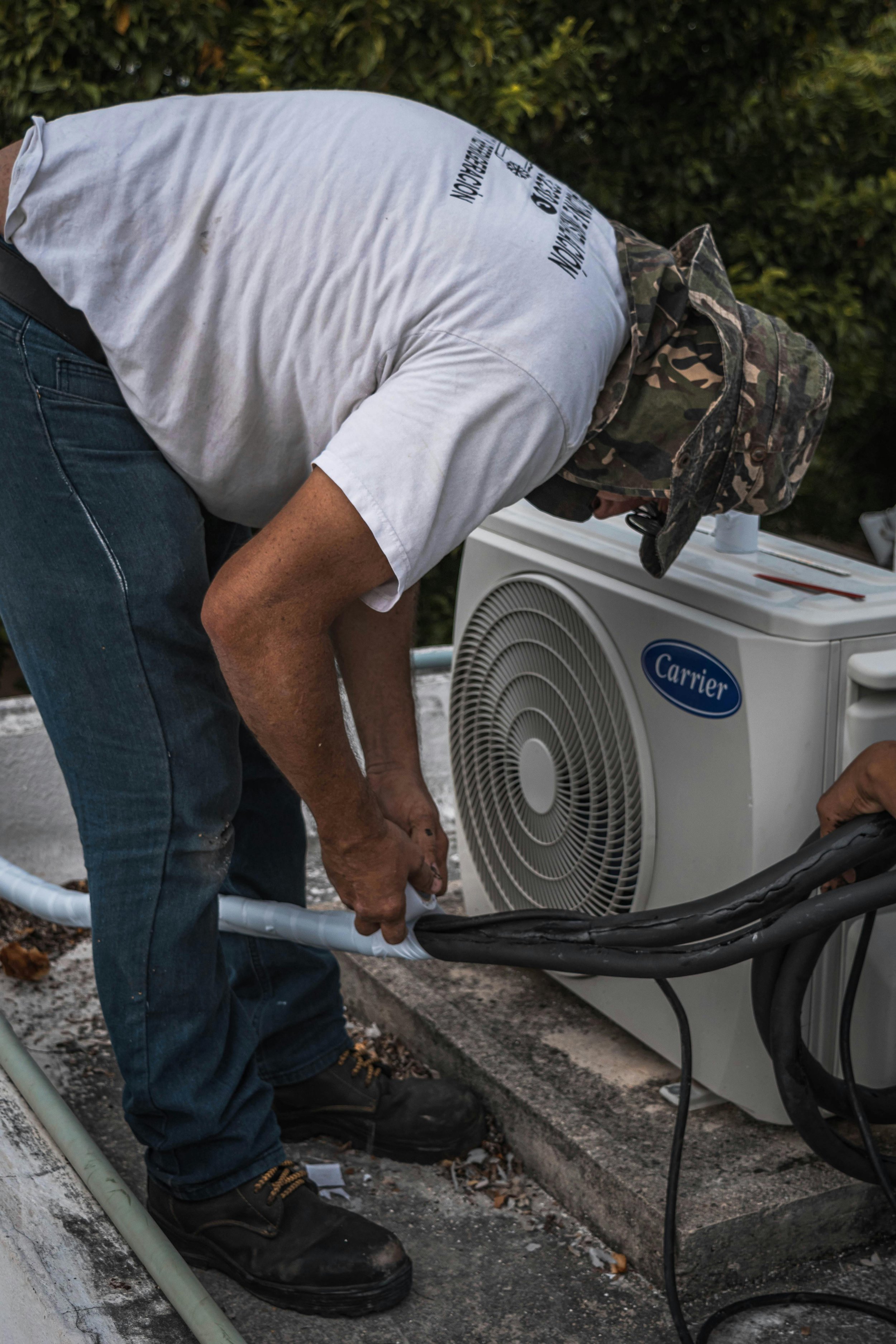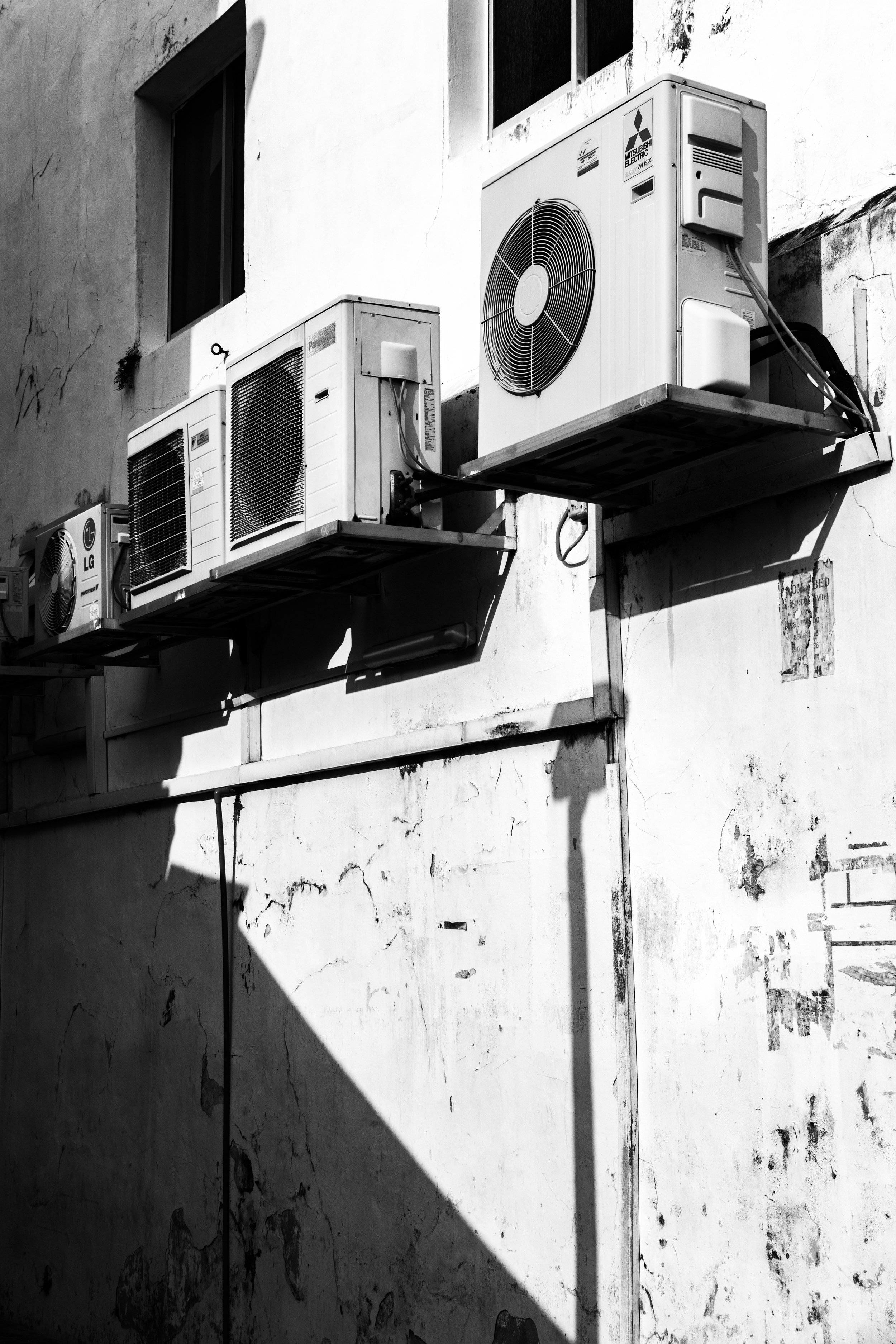How Air Conditioners Work and How to Optimize Their Performance?
Learn how air conditioners work and discover tips to optimize their performance, ensuring energy efficiency, comfort, and longevity in your cooling system.
You've probably enjoyed the cool comfort of air conditioning without giving much thought to how it works or how to get the most out of your system. But understanding the basics of air conditioner operation and maintenance can save you money and keep you more comfortable. From the science of heat transfer to simple habits that enhance efficiency, there's a lot to learn about these vital appliances. Whether you're looking to reduce your energy bills or extend the life of your AC unit, you'll find that a little knowledge goes a long way. So, are you ready to reveal the secrets of ideal air conditioning?
Understanding Air Conditioners
To fully grasp how air conditioners work, you'll need to understand the fundamental principle of heat transfer. Your air conditioner doesn't create cold air; instead, it removes heat from inside your home and transfers it outside. This process relies on a specialized substance called refrigerant, which circulates through the system.
The refrigerant plays a significant role in the heat transfer process. As it flows through the indoor unit, it absorbs heat from the air in your home. This heated refrigerant then travels to the outdoor unit, where it releases the absorbed heat into the outside air. This cycle repeats continuously, gradually lowering the indoor temperature.
Understanding this process is vital for optimizing your AC's performance. Regular air conditioner cleaning is important to maintain efficient heat transfer. When components like the evaporator coil or condenser coil are dirty, they can't effectively absorb or release heat, reducing your system's efficiency. Advanced Clean Air, Gold Coast specializes in thorough cleaning and maintenance of air conditioning systems, ensuring optimal performance.
Heat Transfer
At the heart of an air conditioner's operation lies the principle of heat transfer. This fundamental process involves the movement of thermal energy from one location to another, which is vital for maintaining a comfortable indoor environment.
In an air conditioning system, heat transfer occurs between two primary components: the indoor coil and the outdoor coil.
The indoor coil, also known as the evaporator coil, plays a significant role in absorbing heat from the air inside your home. As warm air passes over this coil, it's cooled and dehumidified before being circulated back into your living space.
Conversely, the outdoor coil, or condenser coil, is responsible for releasing the absorbed heat to the outside air.
Regular aircon service is necessary to maintain ideal heat transfer efficiency. During air conditioner servicing, technicians clean both coils, removing any dirt or debris that could impede the heat transfer process.
They also check refrigerant levels, as proper charge is vital for efficient heat absorption and release. By ensuring these components are in top condition, you'll enhance your system's cooling capacity and energy efficiency, ultimately leading to improved comfort and reduced operating costs.
Evaporator Coils
Inside your air conditioning system, the evaporator coil serves as a crucial component for heat absorption. Located in your home's air handler unit, these coils contain refrigerant that's vital for the cooling process. As warm indoor air passes through the evaporator coil, it transfers heat to the refrigerant, which is then circulated outside.
The evaporator coil's efficiency directly impacts your AC's performance and your home's air quality. To enhance its function:
Schedule regular AC servicing to clean the coils
Maintain proper airflow by changing filters monthly
Monitor humidity levels to prevent condensation buildup
Clean evaporator coils contribute to advanced clean air systems, ensuring that the air circulated back into your home isn't only cooler but also cleaner.
Dirty coils can harbor mold and bacteria, potentially compromising indoor air quality.
Understanding the role of evaporator coils helps you appreciate the complexity of your AC system. By maintaining these coils, you're not just improving cooling efficiency; you're also enhancing your home's air quality.
Regular professional inspections can identify potential issues early, preventing costly repairs and ensuring peak performance throughout the cooling season.
Optimizing Air Conditioner Performance
Understanding the intricacies of evaporator coils leads us to contemplate the broader picture of air conditioner enhancement. To enhance your AC's performance, you'll need to implement a multifaceted approach that encompasses maintenance, settings, and energy-efficient practices.
Regular maintenance is essential for effective functioning. You should schedule professional inspections and cleanings, particularly if you're on the Gold Coast where humidity can exacerbate system strain.
Professionals from Pristine Aircon Cleaning can thoroughly clean components, check refrigerant levels, and identify potential issues before they escalate.
Proper thermostat settings play a significant role in efficiency. Program your thermostat to maintain higher temperatures when you're away or sleeping, reducing unnecessary cooling cycles.
Consider upgrading to a smart thermostat for more precise control and energy savings.
Energy-efficient practices complement these efforts. Seal air leaks, improve insulation, and use window coverings to reduce heat gain.
Utilize ceiling fans to create a wind-chill effect, allowing you to set the thermostat higher without sacrificing comfort.
Professional Maintenance
Recognizing the importance of professional maintenance is crucial for ideal air conditioner performance. While you can perform basic upkeep, a certified HVAC technician possesses the expertise to conduct thorough inspections and maintenance that improve your unit's efficiency and longevity.
During a professional maintenance visit, a technician will typically:
Clean the evaporator and condenser coils
Check and adjust refrigerant levels
Inspect and tighten electrical connections
These tasks, among others, guarantee your air conditioner operates at peak performance.
Regular professional maintenance offers several benefits:
First, it improves energy efficiency, potentially reducing your utility bills. As your system runs more efficiently, it consumes less power to achieve the desired cooling effect.
Second, it extends the lifespan of your unit. By addressing minor issues before they escalate, you'll avoid costly breakdowns and premature system failure.
Lastly, professional maintenance improves indoor air quality. Clean coils and filters prevent the circulation of contaminants, assuring the air you breathe is fresh and healthy.
To optimize your air conditioner's performance, schedule professional maintenance at least annually, preferably before the peak cooling season begins.
Temperature and Performance
While professional maintenance guarantees peak system performance, the temperature at which you set your air conditioner plays a significant role in its efficiency and energy consumption.
The Department of Energy recommends setting your thermostat to 78°F (25.5°C) at home and 85°F (29.4°C) when you're away. This guidance is rooted in the relationship between temperature settings and energy usage.
For every degree below 78°F, you're increasing your energy consumption by 3-4%. This seemingly small adjustment can lead to substantially higher energy bills over time.
To optimize your AC's performance and minimize energy waste, consider investing in a reliable programmable thermostat. This device allows you to automatically adjust temperatures based on your schedule and preferences, ensuring comfort without unnecessary energy expenditure.
Understanding this temperature-performance relationship empowers you to make informed decisions about your AC usage. By maintaining the recommended temperature range and utilizing programmable thermostats, you'll strike a balance between comfort and efficiency.
This approach not only reduces your environmental impact but also results in significant cost savings over the long term.
Improving Efficiency
Four key strategies can greatly improve your air conditioner's efficiency.
Initially, focus on sealing leaks and improving insulation to maintain cool air inside while preventing warm air infiltration. Inspect your doors and windows for drafts, applying weatherstripping or caulking where needed. This simple step can greatly reduce your AC's workload.
Secondly, manage sunlight exposure. Close curtains or blinds during the hottest parts of the day to block out sunlight and minimize heat load on your AC system. This passive cooling technique can lead to considerable energy savings.
Third, utilize ceiling fans to improve cooling. Running these fans creates a wind-chill effect, making rooms feel cooler without taxing your AC unit. This allows you to set your thermostat a few degrees higher while maintaining comfort.
To optimize your AC's performance further, consider these extra steps:
Clean or replace air filters regularly
Schedule professional maintenance annually
Use a programmable thermostat to automate temperature adjustments
Energy-Efficient Habits
Beyond improving your air conditioning system, adopting energy-efficient habits can greatly boost your unit's performance and reduce energy consumption.
You'll find that these practices not only enhance your AC's efficiency but also lead to significant energy savings.
Start by implementing a programmable thermostat. This device allows you to automatically adjust temperature settings based on your schedule, ensuring ideal comfort without wasting energy when you're away or asleep.
You should also make a habit of turning off lights and unused appliances, as they generate heat and force your AC to work harder.
Utilize your home's natural features to your advantage. Keep blinds and curtains closed during the day to block out solar heat gain. This simple action can dramatically reduce the cooling load on your system.
Moreover, strategically place fans throughout your living space to boost air circulation, allowing you to set your thermostat a few degrees higher without sacrificing comfort.
Don't neglect your outdoor unit. Regularly clear debris and trim back vegetation to maintain proper airflow.
This practice prevents your system from overworking and consuming excess energy.
Get Your Air Conditioner Serviced Today!
As summer approaches, it's essential to confirm your air conditioning system is in top condition. Regular servicing by professionals like Advanced Clean Air or Pristine Aircon Cleaning can optimize your unit's performance and efficiency.
These experts possess the technical knowledge and specialized equipment to thoroughly clean and maintain your air conditioner's intricate components.
A thorough service typically includes:
Cleaning or replacing air filters
Inspecting and cleaning evaporator and condenser coils
Checking refrigerant levels and electrical connections
Professional servicing offers numerous benefits beyond basic cleaning. Technicians can identify potential issues before they escalate into costly repairs, confirming your system operates at peak efficiency.
This proactive approach not only extends the lifespan of your air conditioner but also reduces energy consumption, leading to lower utility bills.
Don't wait for your air conditioner to malfunction during the hottest days of summer. Schedule a professional service now to confirm uninterrupted comfort throughout the season.
